News
HSBC Joins JPMorgan into the Metaverse
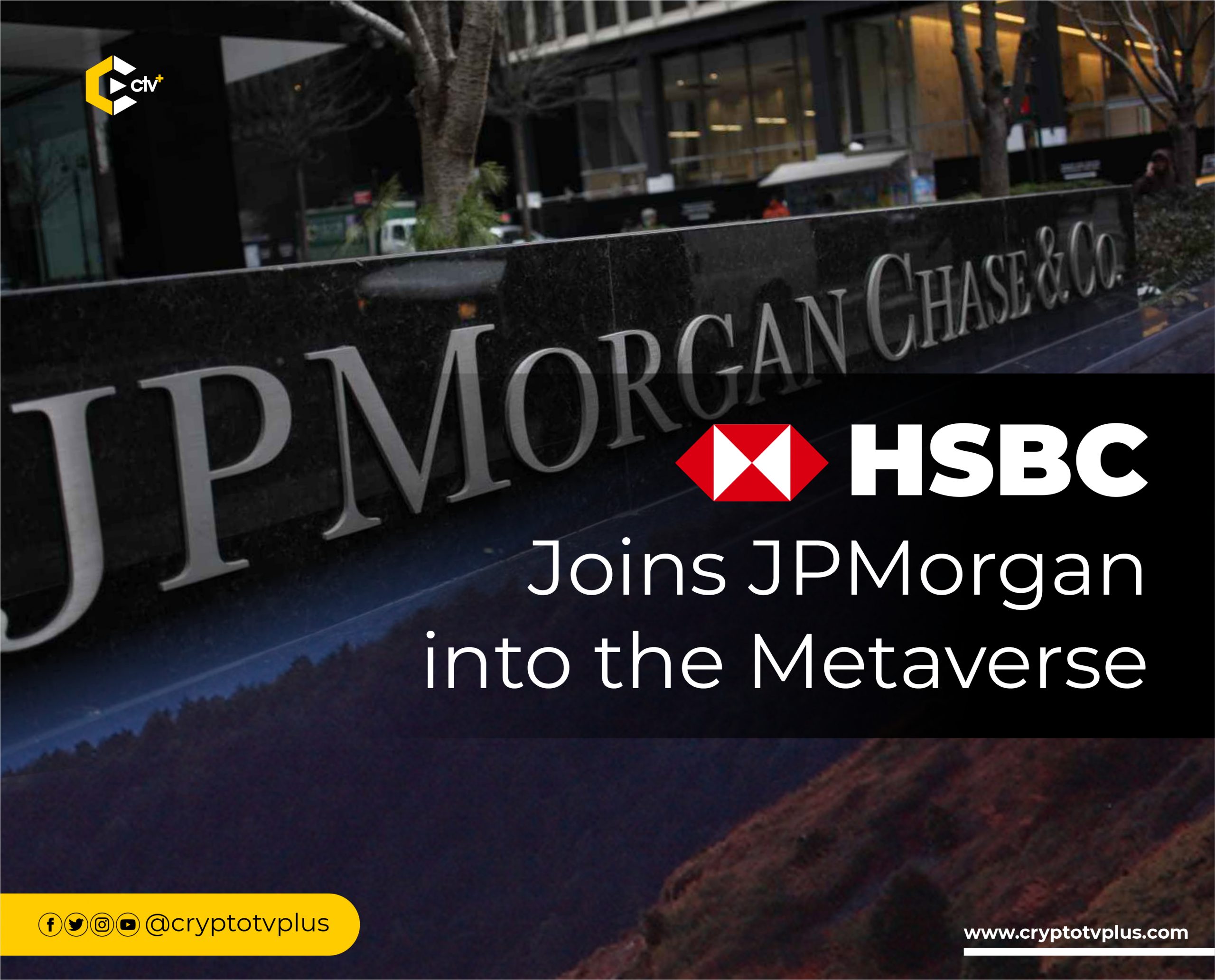
Just moments after making this tweet on its official handle, the world is aware that HSBC (Hongkong and Shanghai Banking Corporation) is now in the metaverse.
As #blockchain technology and the ability to tokenise assets transform how people invest, new financial #investment opportunities are opening up. They can even benefit conservation projects across the world. Read how: https://t.co/oqG5MzG20l pic.twitter.com/pvOZ6C9Fzg
— HSBC (@HSBC) March 15, 2022
The move is in partnership with Sandbox, a subsidiary of the Hong Kong firm, Animoca. This was announced in a statement by Sandbox and on its Twitter page:
Delighted to announce we’ve partnered with @HSBC, one of the world’s largest international banking & financial services providers! 🤝
Bringing a host of opportunities to engage with global financial services & sports communities in The Sandbox Metaverse.https://t.co/GmQ3lrVmnB
— The Sandbox (@TheSandboxGame) March 16, 2022
For the Hong Kong bank, with a rich British history, the step is in line with current trends of connecting and servicing customers in the virtual space. “The Metaverse is how people will experience Web3, the next generation of the Internet,” said HSBC Chief Marketing Officer Suresh Balaji.
“Through our partnership with The Sandbox, we are making our foray into the Metaverse, allowing us to create innovative brand experiences for new and existing customers.”
Furthermore, the banks stated, “When you think about the economics of the metaverse — or metanomics — there are opportunities in almost every market area. We are not here to suggest the metaverse, as we know it today, will take over all human interactions, but rather, to explore the many exciting opportunities it presents for consumers and brands alike.”
Why the Metaverse
Online activities are the root of the revolution we see in the metaverse today. The appearance of the metaverse can be traced to online worlds like The Sims or Second Life which have been around for more than two decades.
Another simpler illustration of the emergence of the metaverse would be the games we’ve played first, offline, online, and then live gaming contests. Here, two or more persons can be set at different locations, plugged into one game connected via the internet.
Zoom is a direct use case that shows the initial evolution of the virtual world. During COVID-19, the world was confined to a place. People couldn’t move around but businesses and commerce had to continue. And so, Zoom and other video conferencing platforms became very popular.
The need to communicate and connect with people increased drastically. Although when the lockdown was over, the work patterns of so many workers had been altered. So more remote workers emerged with several organizations creating or recreating their team to accommodate lesser office, physical contact. Staff could stay at home, carry out tasks and deliver.
Read this also:
- Top Global Corporations in the SandBox Metaverse
- Top Five Latest Metaverse Projects
- HAPPY LAND: The Metaverse for Breeding Animals & Growing Plants
Investment Opportunities
Of course, the potential that the metaverse holds is so high. A report by PWC forecasts growth from $45.5 billion in 2019 to $1.5 trillion by 2030 for the metaverse market. The “blockverse” revolution is coming on real fast being aided by blockchain technology and other DeFi functions.
For the education industry, it was reported that people who learned via VR were more confident by 275% to act on what they were taught. This means that the normal online learning mode will be complemented to bring more immersion for learners. The returns for tutors too will be massive: being able to teach more students, work for more organizations, receive more real-time feedback and make more money.
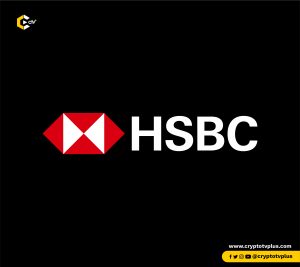
Sandbox and Decentraland Revolution
Sandbox started as a mobile and PC game in 2012. The platform evolved until 2018 when it was acquired by the Animoca brand and converted to a blockchain platform. On November 29, 2021, the alpha version of the Sandbox metaverse was released with financial backings from Softbank, Square Enix, B Cryptos, and True Global Ventures.
Decentraland is another metaverse world built on Ethereum. Users can purchase lands on it as NFTs using $MANA which is the native cryptocurrency of the virtual platform.
These two platforms are amongst the top platforms in the metaverse world, especially in terms of market share and usability.
HSBC and Blockchain
HSBC has been on the critics’ side of crypto-related activities. In 2021, the global Institution rejected cryptocurrency payments and disallowed its clients from buying MicroStrategy stock.
It also blocked payments to Binance in the same year for security reasons for its customer base. The CEO, Neil Quinn one time stressed the position of the bank relative to crypto. However, those actions might not be complete negation towards blockchain use cases.
Other Brands in the Metaverse
The market has seen financial institutions like JPMorgan, PWC, and Thailand’s SCB transition into the metaverse. Brands in other industries that have taken the same step include Gucci, Warner Music Group, Ubisoft, Adidas, Deadmau5, Care Bears, Atari, ZEPETO, and CryptoKitties.
What do you think of this article? Share your comments below.



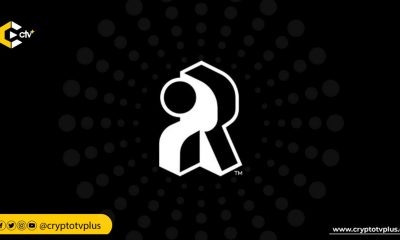



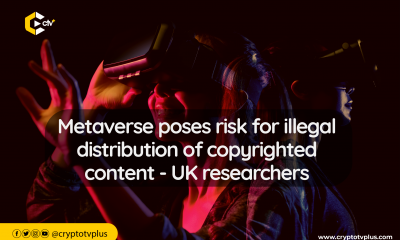



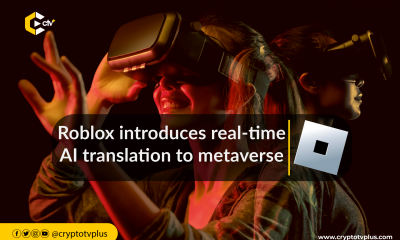

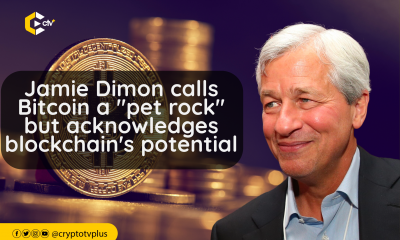











Pingback: HSBC Joins JPMorgan into the Metaverse – Crypto Watch Daily
Pingback: HSBC Joins JPMorgan into the Metaverse by Chuks Nnabuenyi Jr – CryptoTvplus Events: NFT, DeFi, Bitcoin, Ethereum, Altcoin Events
Pingback: HSBC files for digital asset trademark | CryptoTvplus: DeFi, NFT, Bitcoin, Ethereum Altcoin, Cryptocurrency & Blockchain News, Interviews, Research, Shows